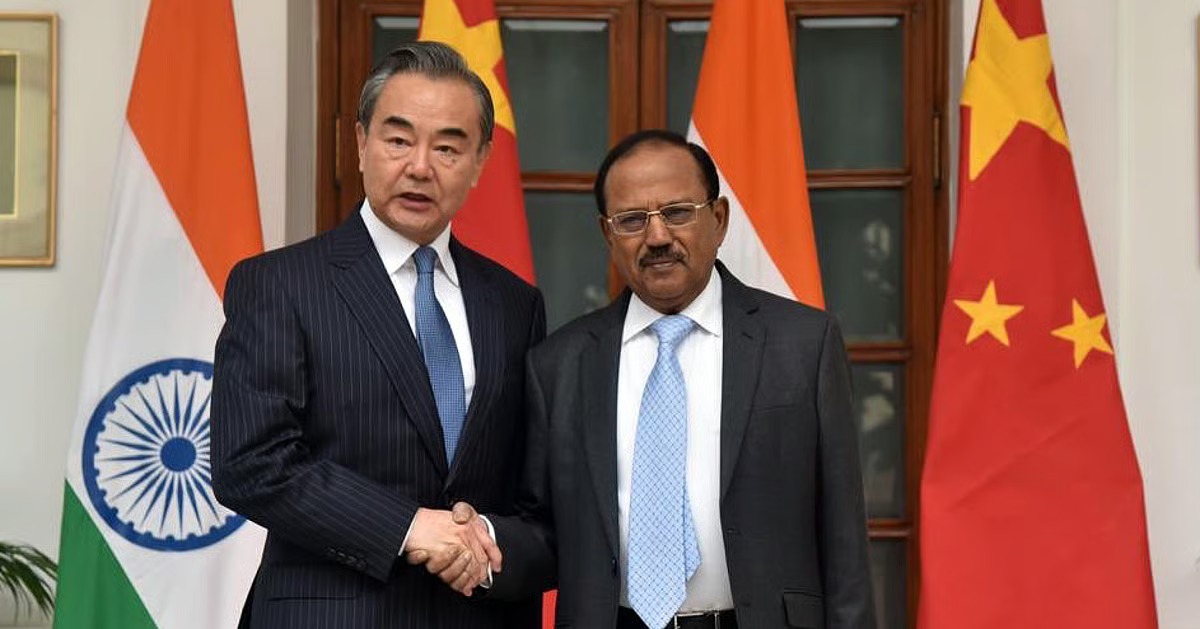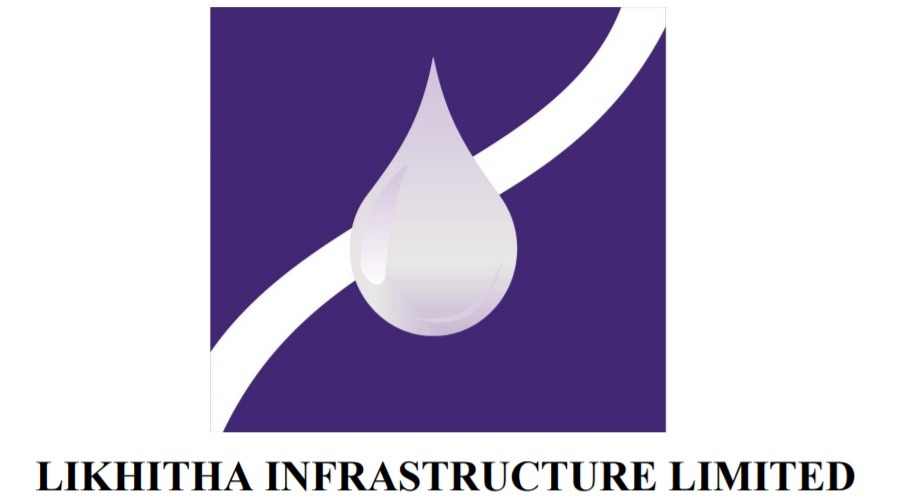
Follow WOWNEWS 24x7 on:

In a significant diplomatic development, India and China have agreed to hold the next round of border talks in China in 2026, marking a renewed commitment to stabilizing relations and resolving long-standing boundary issues. The announcement came during the 24th Special Representatives Dialogue held in New Delhi on August 19, 2025, between India’s National Security Advisor Ajit Doval and Chinese Foreign Minister Wang Yi. The meeting underscored a shared desire to consolidate consensus on border control, accelerate demarcation negotiations, and foster a healthier bilateral relationship.
Key Takeaways From The Dialogue
- Both countries confirmed the next Special Representatives meeting will be held in China in 2026
- Discussions focused on strengthening consensus in areas such as border management and demarcation
- Leaders emphasized the need to create favourable conditions for improving bilateral ties
- Wang Yi called for mutual trust and support to ensure stable development of China–India relations
- Ajit Doval highlighted the peaceful conditions along the border and the momentum gained since the Kazan Summit
Momentum Since The Kazan Summit
The meeting built upon the diplomatic foundation laid during the Modi–Xi Jinping interaction at the BRICS Summit in Kazan last year. Both sides acknowledged that the revival of dialogue mechanisms since then has led to tangible improvements
- NSA Doval noted that India and China have profited significantly from the Kazan Summit
- He emphasized that the border has remained quiet and peaceful for the past nine months
- Bilateral engagements have become more substantial, reflecting a positive shift in tone
- Wang Yi echoed these sentiments, stating that setbacks in recent years were not in either country’s interest
Focus On Border Stability And Demarcation
The dialogue addressed the sensitive issue of border control and demarcation, which has long been a source of tension:
- Both sides agreed to accelerate negotiations on boundary demarcation
- Confidence-building measures were discussed to prevent future friction
- The de-escalation process along the Line of Actual Control (LAC) remains incomplete, with approximately 50,000 to 60,000 troops still stationed on each side in eastern Ladakh
- The aim is to move beyond disengagement and achieve full de-escalation
Shared Vision For Bilateral Cooperation
The talks also reflected a broader vision for India–China relations beyond the border issue:
- Wang Yi stressed the importance of supporting the healthy and stable development of bilateral ties
- Doval reiterated the need to build trust and create conditions conducive to cooperation
- Both leaders agreed that a stable relationship serves the long-term interests of both nations
- The upcoming Shanghai Cooperation Organisation (SCO) Summit in Tianjin, which Prime Minister Modi will attend, is expected to further strengthen diplomatic engagement
Strategic Implications And Future Outlook
The decision to hold the next meeting in China signals a willingness to deepen engagement and resolve disputes through dialogue:
- It marks a shift from reactive diplomacy to proactive consensus-building
- The emphasis on trust and support suggests a desire to move past the legacy of the Galwan Valley clashes in 2020
- The celebration of 75 years of diplomatic relations adds symbolic weight to the current efforts
- External Affairs Minister S Jaishankar also met Wang Yi, reinforcing the message that differences must not escalate into disputes
Conclusion: A Cautious Yet Hopeful Path Forward
While challenges remain, the tone and substance of the latest dialogue suggest a cautious optimism. The commitment to future talks, mutual trust, and strategic cooperation could pave the way for a more stable and constructive relationship between Asia’s two largest nations. The road ahead will require sustained effort, but the groundwork laid in New Delhi offers a promising start.
Sources: The Hindu, News18, Times of India




